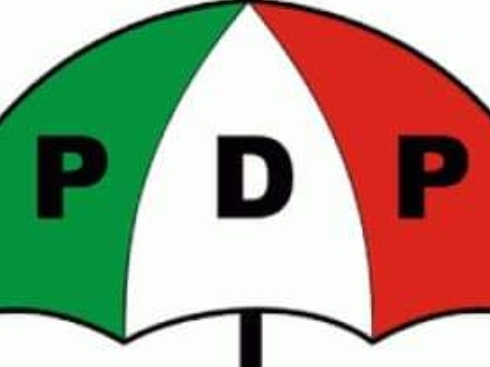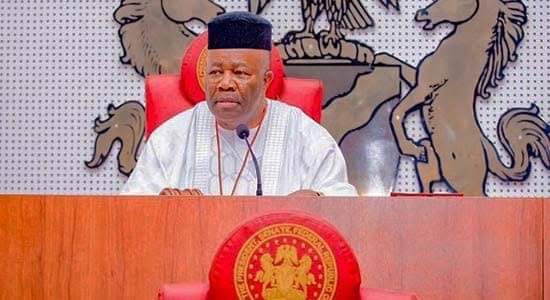NASS Probes Power Distribution Companies Over Outdated Meters, Infrastructure Failures
The House of Representatives has directed its Committee on Power to investigate electricity distribution companies (DisCos) over their failure to replace outdated meters and improve critical infrastructure.
The probe also seeks to address the reliance on consumer contributions for maintenance and equipment replacement, a practice widely criticised by Nigerians.
In a resolution passed on Wednesday, the House urged the Nigerian Electricity Regulatory Commission (NERC) to enforce its directive mandating DisCos to replace obsolete meters at no cost to consumers within a specified timeframe.
Meanwhile, lawmakers called on the Minister of Power, Adebayo Adelabu, to prioritise funding and provide incentives to upgrade infrastructure, such as transformers, to reduce load-shedding and enhance electricity service delivery nationwide.
The resolutions followed a motion of urgent national importance raised by Representative Nnamdi Ezechi, highlighting the persistent metering crisis and associated challenges in Nigeria’s electricity distribution sector.
While presenting his motion, Rep. Ezechi expressed deep concerns over the persistent metering crisis in Nigeria, highlighting the failure of electricity distribution companies to replace obsolete meters as mandated by the Nigerian Electricity Regulatory Commission (NERC).
He noted that the lapse has resulted in the decommissioning of over one million meters, further burdening consumers already grappling with poor service delivery.
According to Ezechi, many Nigerians who applied for meter upgrades months ago are yet to receive replacements. This delay has left consumers with two costly options: paying over N200,000 for new meters or incurring exorbitant charges for direct connections, which can cost up to N500,000 for just a few days of electricity.
Rep. Ezechi also criticised the ongoing practice of passing the responsibility for maintaining critical electricity infrastructure, such as transformers, onto consumers.
He explained that communities are often required to fund repairs, replacements, and the storage of cables, despite these being obligations of the electricity distribution companies.
He further pointed out the lack of investment in upgrading outdated infrastructure like transformers, which continues to hinder effective load management and service delivery.
Many new transformers installed in various communities, he noted, are procured through community contributions rather than company investments.
The lawmaker also raised concerns about the inefficiencies in the privatized electricity sector, emphasizing that monopolies in the industry have failed to address these challenges.
He questioned the effectiveness of privatization in delivering affordable and reliable electricity to Nigerians.
Ezechi, however, said that the House of NERC’s recent directive, which mandates electricity distribution companies to replace obsolete meters at no cost to consumers, aiming to enhance metering accuracy and improve transparency in electricity billing.
Adopting the motion, the House directed electricity distribution companies to establish accessible and transparent systems for meter upgrades and replacements, with penalties for non-compliance to safeguard consumers from exploitation.












































